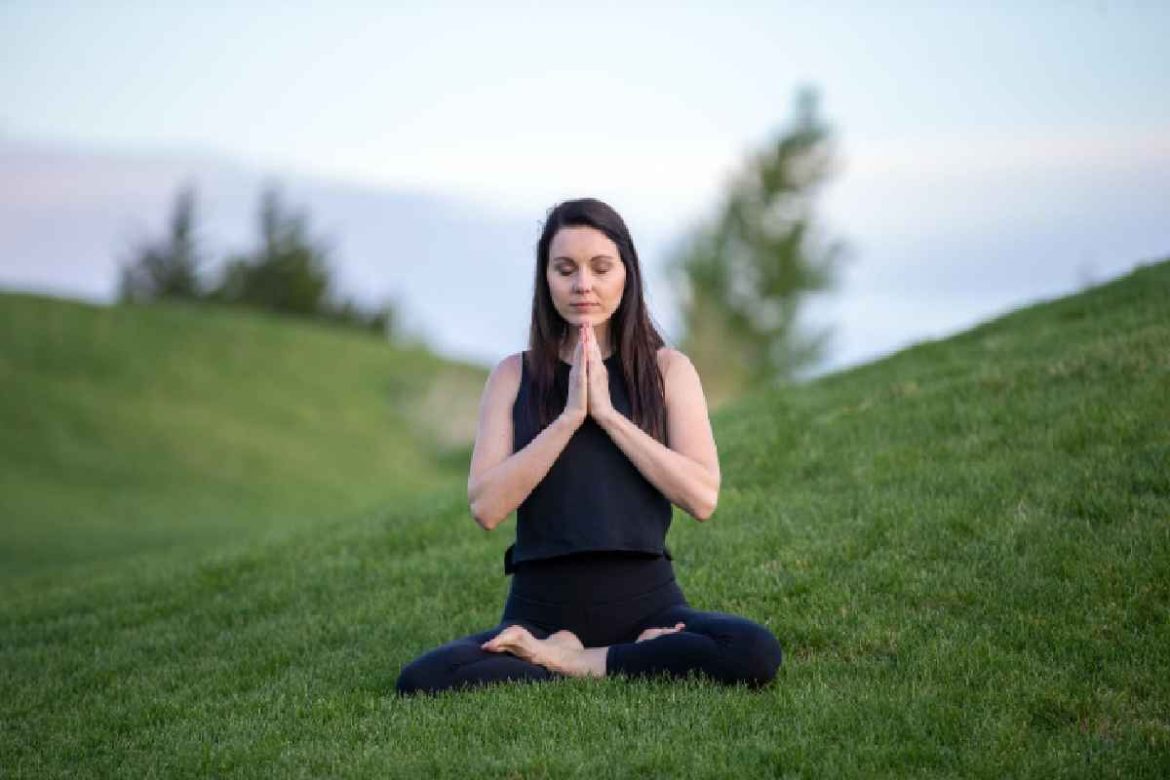5 Ways to Help You Learn Meditation – Meditation can be a simple, quick way to reduce your stress, but learning how to do it in the first place is not always easy. It’s worth taking the time to master, though. You should see benefits such as decreased stress and anxiety, better focus, improved problem-solving ability, and enhanced physical function. Here’s a look at some top ways that newbies can become accomplished meditators.
1. Relax Before You Begin a Session
Meditation helps you relax, but many people who are new to it may need to relax a bit before easing into a session. You could go for a brief walk to clear your head or chat with someone who always makes you laugh. CBD gummies are another option. They do not make you high, and they reduce anxiety and pain in many people.
Talk to your doctor before starting gummies if you’re new to them. Since they are edibles, you may need to take them two to three hours before your meditation session.
2. Choose How to Meditate
There are many ways to meditate. For example, there is emotion-centered meditation, body-centered, mantra, mindfulness, and visual-based. It helps to clarify your goals for meditation and what you hope to accomplish. Couple these with techniques that work best for you to find successful ways to meditate.
If you're good at visualizing things, then visual-based meditation could work well. It involves focusing on something you actually see near you or closing your eyes and focusing on a mental image. If you enjoy movement, then walking, performing yoga, dancing, and even cooking can be ways to meditate.
If the way you choose does not work right away, give it a few tries before you switch to another method. It can take time for something to click. You can also try several methods at different times throughout the day.
To narrow down your options, research the different approaches, and ask for guidance from people you trust. Check out videos and articles, but be careful not to fall into the trap of doing so much research that you don't really get started.
Your doctor and counselor can be valuable resources, too. They may be able to point you in the direction of local instructors who lead meditation sessions. Even your employer may have resources. Some workplaces do meditation during the workday.
Also, think about whether you prefer to meditate alone using your own tools, with the help of an app, or as part of an in-person group. You could try all three strategies along with other methods.
3. Make Time for It
Meditation isn’t something many people become successful at by doing it sparingly. Once you learn it and become an expert, you can certainly use it as needed to relax yourself, deal with PTSD, and restore balance to your life, among other things.
However, when you are just starting on your journey, you must make time to meditate. Set aside a few minutes, say, five, 10, or 15. Yes, even five minutes a day to begin with can help you successfully meditate. Incorporate these sessions into your routine.
If you find that a certain time of the day is not working for you, adjust as needed. For example, if you’re not a morning person, it might be unrealistic to expect yourself to wake up early to meditate. Look at other parts of your day to see what you could shorten or adapt. If you cook every day, you could meal prep several days’ worth of meals at once to give yourself time to meditate daily.
4. Prepare Your Environment
Accomplished meditators can often meditate in busy, noisy spaces. Beginners, not so much. Optimize your environment for success.
● Silence your phone notifications.
● Take steps to ensure you won’t be interrupted.
● Sit in silence for a little bit before you begin.
● Meditate with intention and not necessarily because you’re bored or restless.
Make yourself as comfortable as possible, but don’t worry about mats, crystals, incense, and the like unless you have the space and budget for them upfront. As you get more into meditation, you’ll learn more about what accessories you like to have around.
5. Don’t Expect Perfection
Your mind is probably going to wander at first, whether by a little or a lot. That is fine. It’s to be expected. Even accomplished meditators occasionally catch their minds roaming or daydreaming.
The trick is to note what you were thinking about when you caught your mind wandering and take a moment to pause it. Let go of the distraction, return to your breathing, and become present again in your meditation.
Meditation isn’t something people can jump into and become pros at right away. Its benefits are incredible, but it does take time and effort. Incorporate it into your routine, relax first, and experiment with the styles that fit you best.


